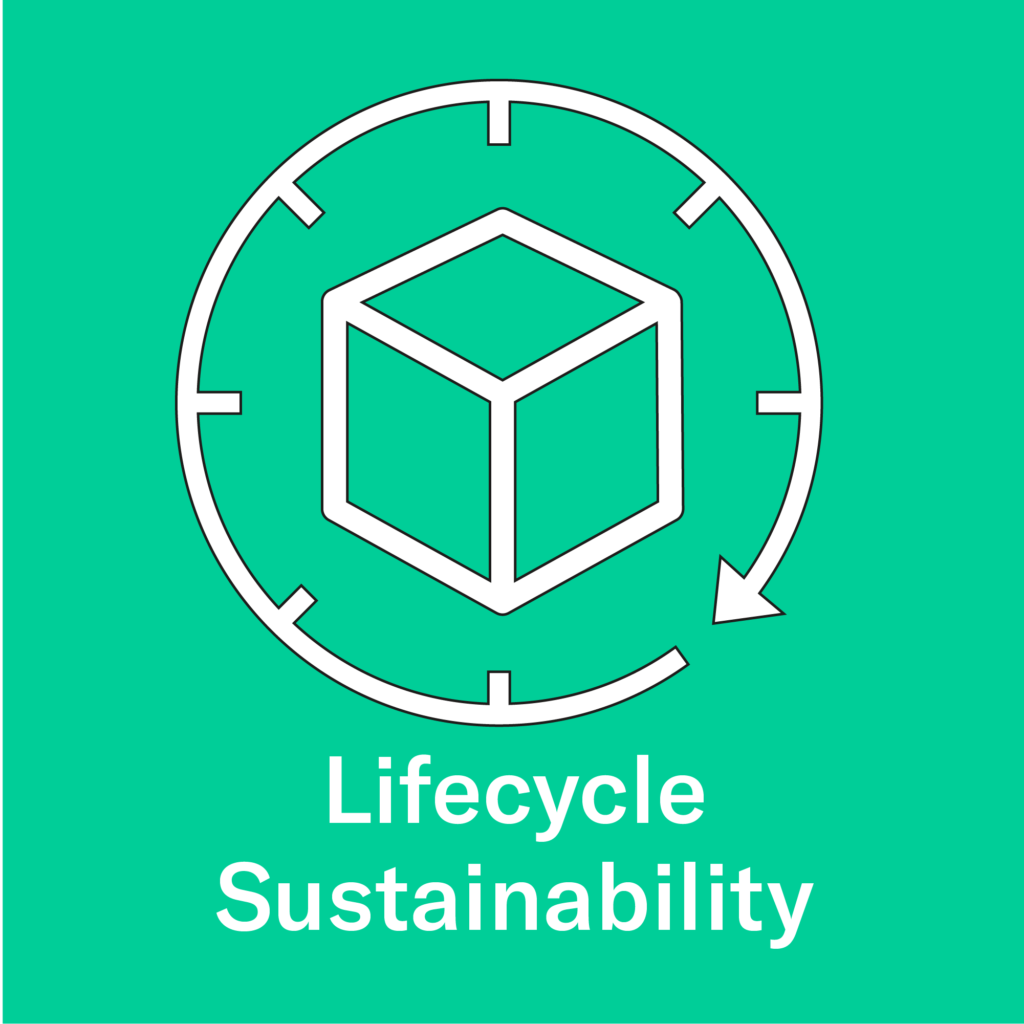The life cycle begins with the natural resources and raw materials used for production, and includes distribution processes, use and maintenance of the product as well as impacts of disposal or recycling. As a rule, addressing lifecycle sustainability begins with product design and reducing resource use across the entire life of the product. Ideally however consideration has been given as to whether the product is actually the best solution to the problem within its context and existing possibilities; the pursuit of aggregate externality avoidance, rather than simply impact reduction at different stages of a life cycle that might not be necessary in the first place.
Life cycle assessment will be a key tool for transitioning to a circular economy. A comprehensive life cycle assessment involves an array of quantitative and qualitative indicators. A common challenge of assessments is ascertaining suitable datasets. [1] Lifecycle sustainability requires a commitment by those developing products and services to provide access to data as well as require it or collect it as part of transactions with suppliers or customers.
The concept of life cycle sustainability is long established and a number of life cycle assessment methodologies have been developed into international standards. For example ISO 14040 series Environmental Management – Lifecycle Assessment which looks at potential environmental impacts, ISO 26000 Social Responsibility examines social consequences, and ISO 15686 Buildings and constructed assets – Part 5 Life-cycle costing relating to cost implications. The UNEP advocates the use of an overarching life cycle sustainability assessment (LCSA) which combines these frameworks to gain a holistic view of social, environmental and economic sustainability. [2]
Best practice: [1] Guinée J. (2016) Life Cycle Sustainability Assessment: What Is It and What Are Its Challenges?. In: Clift R., Druckman A. (eds) Taking Stock of Industrial Ecology. Springer [2] United Nations Environment Program (2011) Towards a Life Cycle Sustainability Assessment.
